
Majete Wildlife Reserve: A Hidden Gem in Malawi
Majete Wildlife Reserve is one of Malawi's most stunning natural treasures. Nestled in the Lower Shire Valley, this reserve covers over 700 square kilometers of lush landscapes and diverse ecosystems. Majete is a sanctuary for wildlife enthusiasts and nature lovers alike, offering an unparalleled experience of Africa's wilderness. Majete is renowned for its successful conservation efforts. Once a depleted reserve, it has been transformed into a thriving habitat for the Big Five: lions, leopards, elephants, rhinos, and buffaloes. Visitors can enjoy guided safaris, either by vehicle or on foot, to witness these magnificent creatures in their natural habitat. The park's varied terrain, from riverine forests to open savannahs, provides a picturesque backdrop for wildlife viewing. Beyond the wildlife, Majete offers a rich cultural experience. The local communities around the reserve are an integral part of its success story. Engaging with these communities provides insights into their traditional ways of life and the role they play in conservation. Accommodations range from luxury lodges to more modest chalets, ensuring a comfortable stay for all types of travelers. With its commitment to sustainable tourism, Majete Wildlife Reserve is not just a place to visit but a destination that leaves a lasting impact.
Local tips in Majete Wildlife Reserve
- Visit during the dry season (May to October) for the best wildlife viewing opportunities.
- Book guided safaris in advance to secure a spot with experienced local guides.
- Pack light, breathable clothing and sturdy walking shoes for safaris and walking tours.
- Don't forget binoculars and a good camera to capture the stunning wildlife and landscapes.
- Engage with local communities to learn about their culture and conservation efforts.
Majete Wildlife Reserve: A Hidden Gem in Malawi
Majete Wildlife Reserve is one of Malawi's most stunning natural treasures. Nestled in the Lower Shire Valley, this reserve covers over 700 square kilometers of lush landscapes and diverse ecosystems. Majete is a sanctuary for wildlife enthusiasts and nature lovers alike, offering an unparalleled experience of Africa's wilderness. Majete is renowned for its successful conservation efforts. Once a depleted reserve, it has been transformed into a thriving habitat for the Big Five: lions, leopards, elephants, rhinos, and buffaloes. Visitors can enjoy guided safaris, either by vehicle or on foot, to witness these magnificent creatures in their natural habitat. The park's varied terrain, from riverine forests to open savannahs, provides a picturesque backdrop for wildlife viewing. Beyond the wildlife, Majete offers a rich cultural experience. The local communities around the reserve are an integral part of its success story. Engaging with these communities provides insights into their traditional ways of life and the role they play in conservation. Accommodations range from luxury lodges to more modest chalets, ensuring a comfortable stay for all types of travelers. With its commitment to sustainable tourism, Majete Wildlife Reserve is not just a place to visit but a destination that leaves a lasting impact.
When is the best time to go to Majete Wildlife Reserve?
Iconic landmarks you can’t miss
Lilongwe Wildlife Centre
Explore the Lilongwe Wildlife Centre, a captivating nature preserve and wildlife refuge in Malawi that promotes conservation and education.
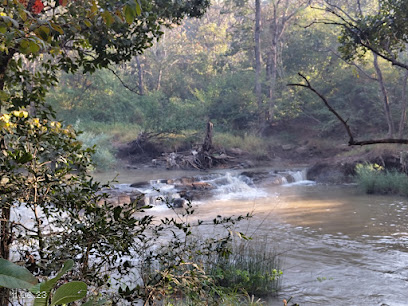
Game Haven Lodge
Experience the perfect blend of wildlife adventures and family-friendly dining at Game Haven Lodge in Chigumula, Malawi.

Liwonde National Park
Explore Malawi's Liwonde National Park, a haven for wildlife enthusiasts featuring diverse ecosystems and breathtaking landscapes.
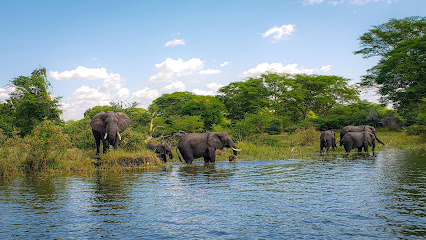
Lake Malawi National Park
Explore the breathtaking beauty and rich biodiversity of Lake Malawi National Park, a UNESCO World Heritage Site perfect for nature lovers and adventure seekers.
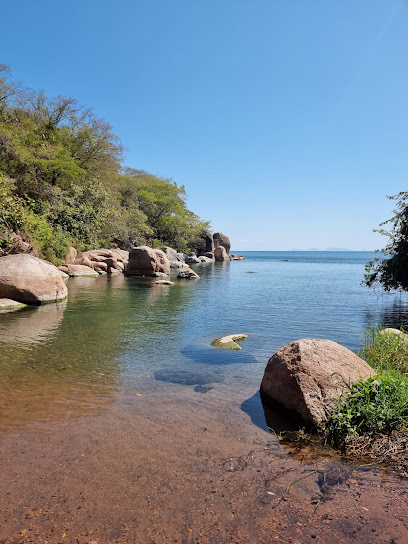
Mgoza Lodge
Discover tranquility at Mgoza Lodge in Cape Maclear, where stunning lake views and vibrant local culture combine for an unforgettable escape in Malawi.

Kasungu National Park
Explore the captivating landscapes and rich biodiversity of Kasungu National Park, a must-visit destination for nature lovers in Malawi.
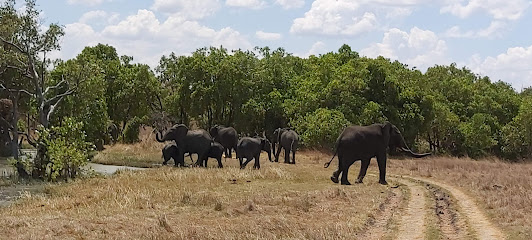
Zua Safari Lodge
Discover the beauty of Malawi at Zua Safari Lodge, your gateway to majestic wildlife and serene landscapes in Chikwawa.
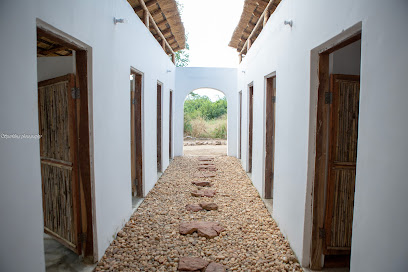
Mvuu Wilderness Lodge
Discover the tranquility and wildlife of Mvuu Wilderness Lodge, a premier lodge located in the heart of Liwonde National Park, Malawi.
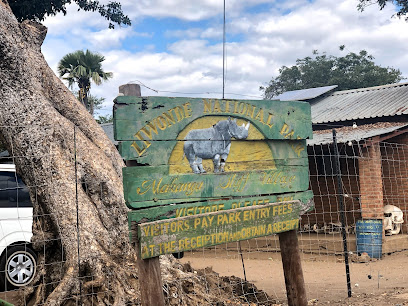
World War I Memorial
Discover the poignant World War I Memorial in Lilongwe, a serene park honoring the sacrifices of brave souls amidst lush surroundings.
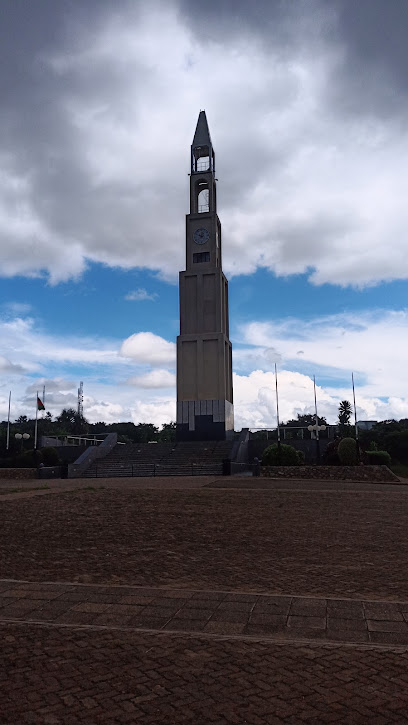
Kuti Wildlife Reserve
Explore Kuti Wildlife Reserve, an enchanting wildlife park in Malawi that offers immersive experiences in nature and unforgettable wildlife encounters.
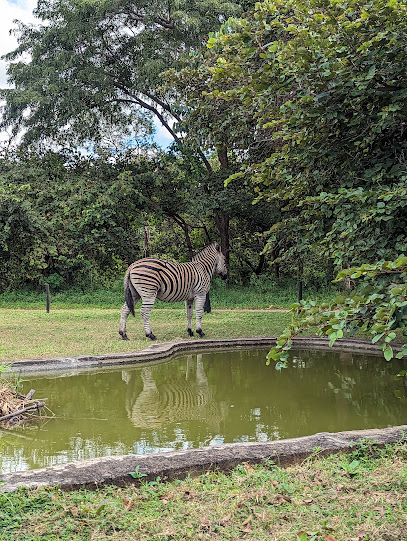
Sunbird Waterfront
Discover the tranquility of Sunbird Waterfront, where stunning Lake Malawi views and serene accommodations create an unforgettable escape.
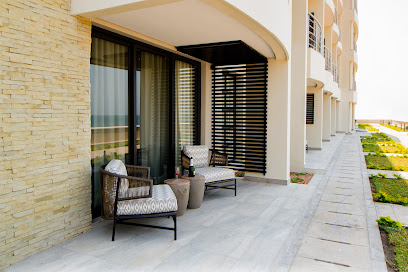
R & L Game Ranch
Discover the breathtaking wildlife and serene landscapes at R & L Game Ranch, a must-visit park for nature lovers in Mwenda, Zambia.
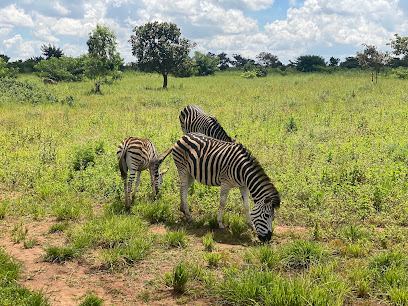
Vwaza Marsh Wildlife Reserve
Explore the breathtaking Vwaza Marsh Wildlife Reserve, a sanctuary for diverse wildlife and stunning landscapes in Malawi's heart.
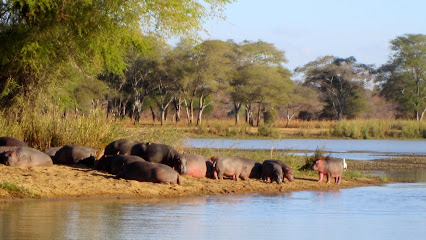
Tongole Wildernes Lodge
Discover the tranquility and wildlife adventures at Tongole Wilderness Lodge, your eco-friendly getaway in Malawi's stunning Nkhotakota Game Reserve.

Nyala Park
Explore Nyala Park, a stunning wildlife sanctuary in Malawi, where you can witness the beauty of nature and diverse wildlife in their natural habitat.
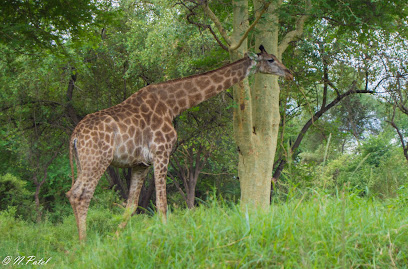
Unmissable attractions to see
Castel Malawi Brewery
Discover the rich brewing heritage of Malawi at Castel Malawi Brewery in Blantyre, a must-visit for beer lovers and cultural enthusiasts alike.
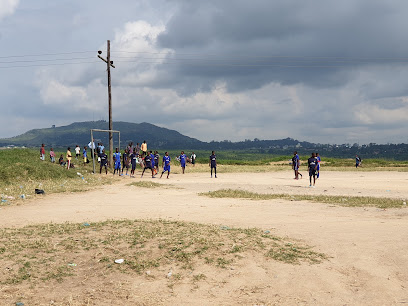
Nyala Park
Discover the serene beauty of Nyala Park, a wildlife haven featuring impalas, zebras, monkeys, and vibrant birdlife in a tranquil environment.
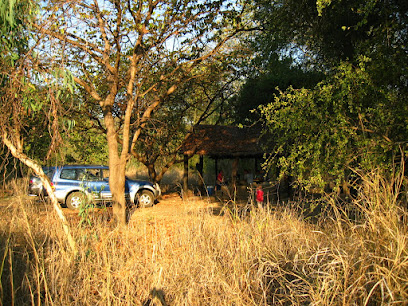
Majete Wildlife Reserve and African Parks Head Quarters
Explore Majete Wildlife Reserve, a conservation haven in Malawi, teeming with diverse wildlife and breathtaking landscapes, perfect for adventurous travelers.
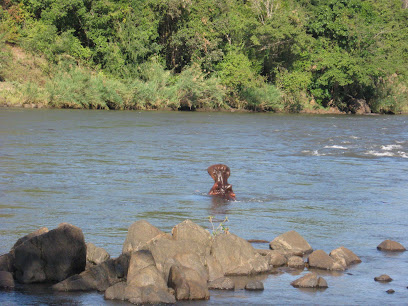
Michiru Gardens
Explore the serene beauty of Michiru Gardens in Blantyre, a perfect escape for nature lovers and a tranquil spot for relaxation amid lush landscapes.
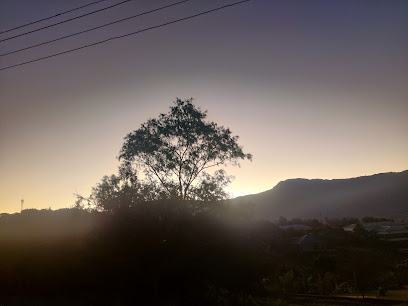
Independence Arch
Discover the rich heritage of Malawi at Independence Arch, a historic monument and museum in Blantyre that celebrates the nation's journey to freedom.
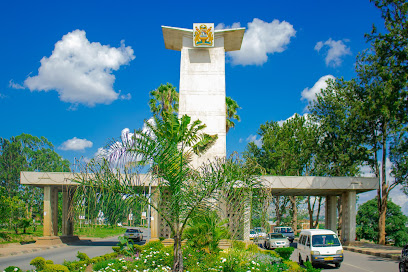
Michiru Peak
Experience the breathtaking views and rich biodiversity at Michiru Peak, a hidden gem in Blantyre, Malawi, perfect for nature lovers and hikers alike.
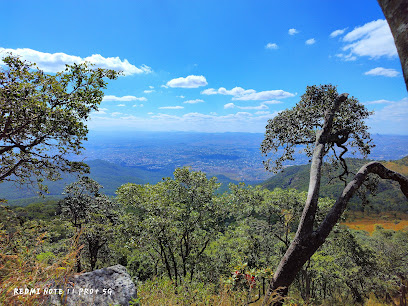
Kapichira Falls
Explore the breathtaking Kapichira Falls, a stunning natural wonder in Malawi, perfect for adventure seekers and nature lovers alike.
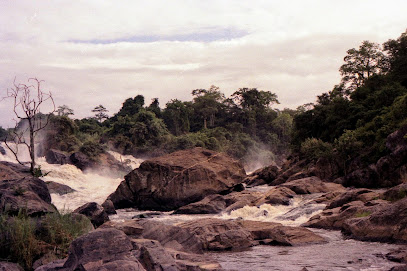
Michiru Nature Sanctuary
Experience the tranquility of Michiru Nature Sanctuary, a natural haven in Blantyre offering scenic hikes and vibrant wildlife encounters.
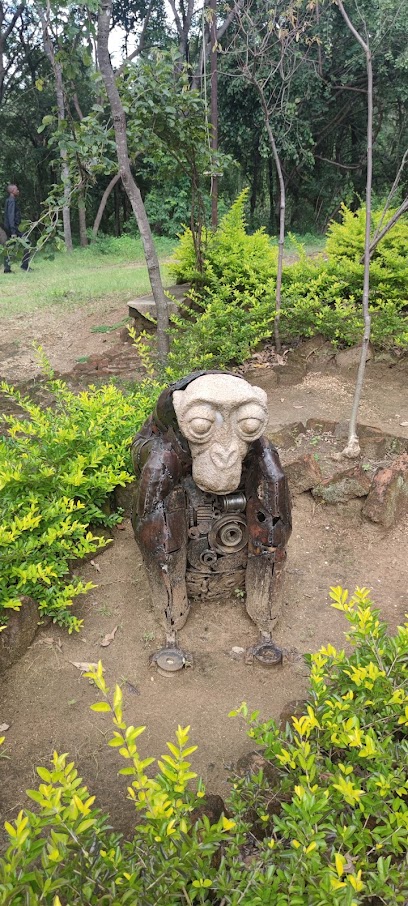
Miracle Gardens
Discover the tranquil beauty of Miracle Gardens in Blantyre, a botanical haven filled with colorful blooms and serene paths perfect for relaxation and exploration.
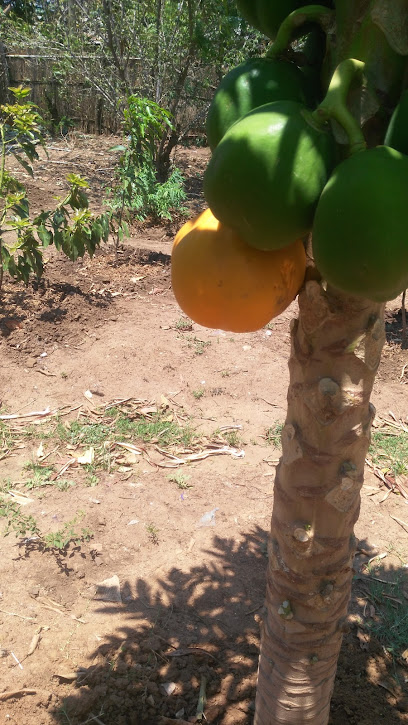
Echoes Park
Experience tranquility and natural beauty at Echoes Park, a peaceful retreat in Chileka, perfect for families and nature lovers alike.
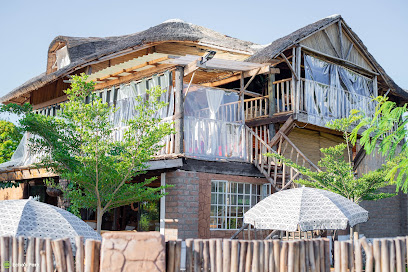
Soche mountain peak
Experience the breathtaking vistas and rich biodiversity at Soche Mountain Peak, an unforgettable tourist attraction near Blantyre, Malawi.
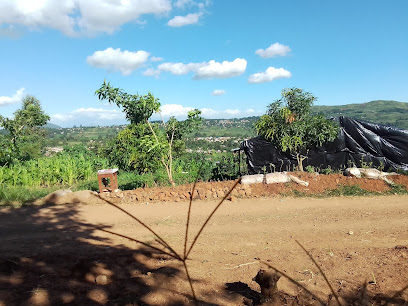
Kamuzu Bridge
Discover the beauty and cultural significance of Kamuzu Bridge in Chikwawa, Malawi. A serene spot perfect for relaxation and exploration.
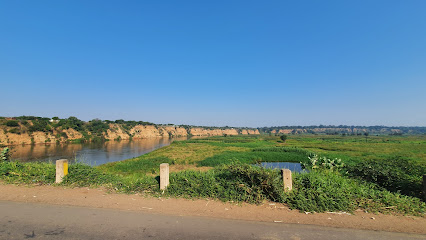
City boundary
Explore the captivating charm of Mpemba, Malawi – a destination rich in culture, natural beauty, and adventure waiting to be discovered.
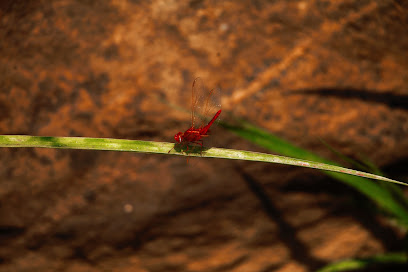
Sanjika rocks
Explore the breathtaking rock formations and serene landscapes at Sanjika Rocks, a must-visit tourist attraction in Malawi.

Stella Marris
Discover tranquility at Stella Marris, Blantyre's serene park, perfect for picnics, strolls, and enjoying the beauty of Malawi's landscapes.

Essential places to dine
Mamma Mia Restaurant
Experience authentic Italian cuisine at Mamma Mia Restaurant in Lilongwe - where every dish tells a story.
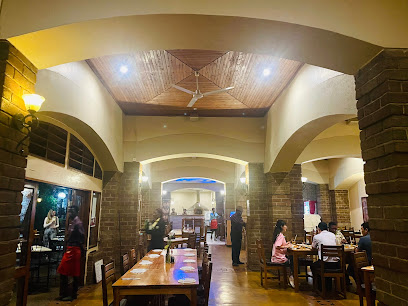
Game Haven Lodge
Discover the perfect blend of comfort and adventure at Game Haven Lodge – a family-friendly escape in Malawi's stunning wilderness.

Mijn Kitchen
Experience the warmth of Blantyre at Mijn Kitchen, where every cup of coffee tells a story and every visit feels like home.
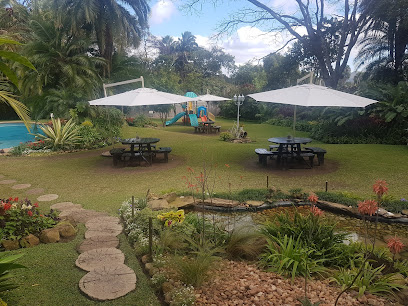
Lark Cafe
Experience the charm of Lark Cafe in Lilongwe - where delightful flavors meet cozy ambiance in an inviting setting.
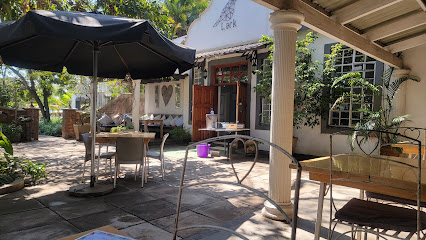
La Cantina
Experience the vibrant flavors of Malawi at La Cantina – a must-visit restaurant in Lilongwe offering authentic cuisine and delightful drinks.
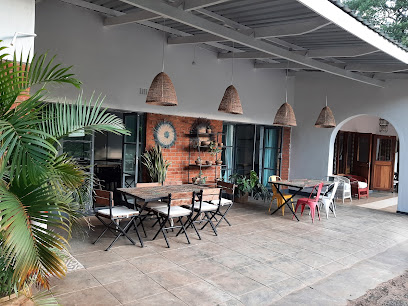
Mediterraneo
Savor authentic Italian flavors at Mediterraneo in Lilongwe—your gateway to Italy's culinary delights.
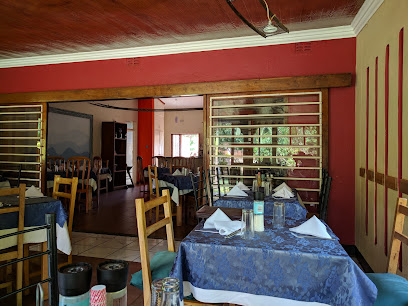
Majete Wildlife Reserve
Discover Majete Wildlife Reserve: A pristine sanctuary where adventure meets breathtaking landscapes and diverse wildlife awaits.
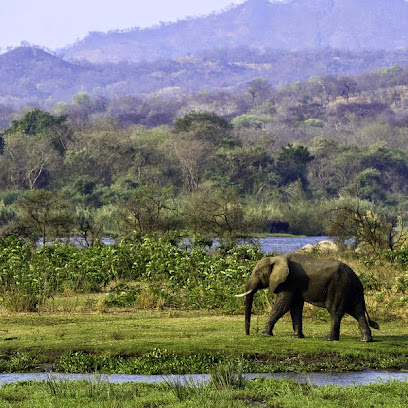
Veg-Delight Lilongwe
Discover the rich flavors of India at Veg-Delight Lilongwe – where every dish tells a story through exquisite vegetarian cuisine.
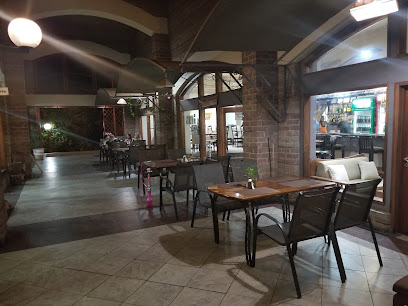
Ama Khofi
Discover delicious Malawian flavors at Ama Khofi – where every meal tells a story.
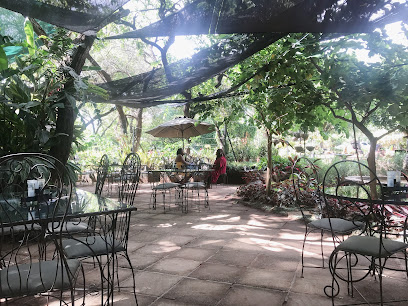
Casa Rossa
Discover Casa Rossa in Zomba: Where local flavors meet vibrant dining experiences in the heart of Malawi.
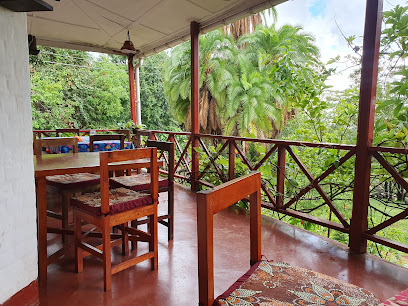
Kefi Hotel Café
Experience unparalleled comfort and exquisite dining at Kefi Hotel Café – your perfect getaway in the heart of the city.
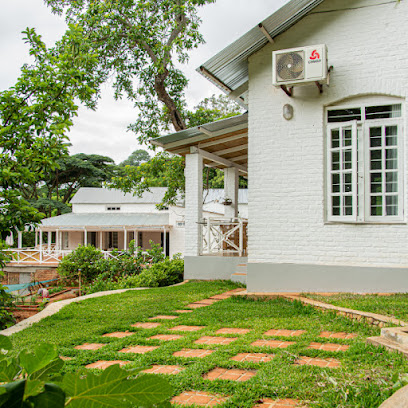
Mgoza Lodge
Experience tranquility and adventure at Mgoza Lodge in Cape Maclear, surrounded by stunning landscapes and vibrant local culture.

Macondo Camp
Experience the perfect blend of dining and lodging at Macondo Camp in Mzuzu – where culinary delights meet family-friendly adventures.
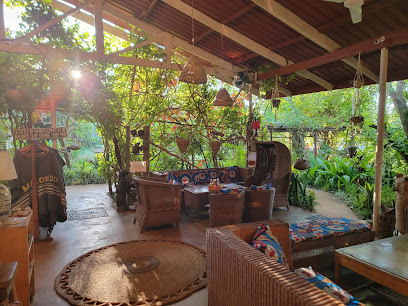
CC Cafe Malawi
Discover CC Cafe Malawi in Mangochi: A delightful blend of coffee culture and local cuisine amidst stunning surroundings.
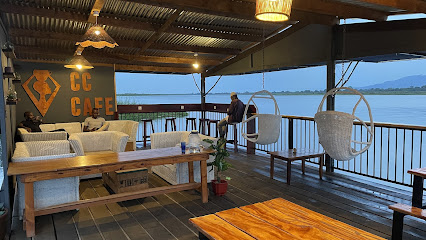
Zua Safari Lodge
Discover luxury and adventure at Zua Safari Lodge, your gateway to experiencing Malawi's stunning wildlife and landscapes.
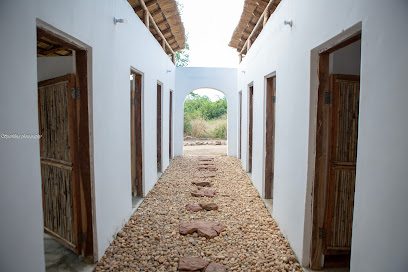
Markets, malls and hidden boutiques
Majete Wildlife Reserve
Explore the untamed beauty of Majete Wildlife Reserve, where diverse wildlife and stunning landscapes await every adventurer.
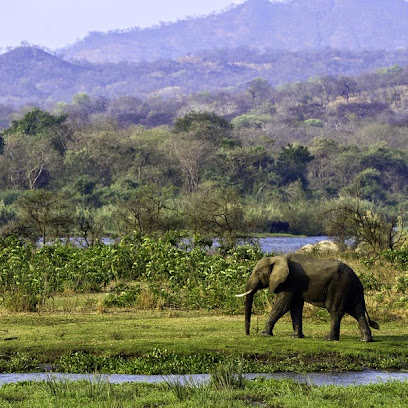
Dyeratu Trading Center
Explore the vibrant Dyeratu Trading Center in Chikwawa, where local culture meets modern shopping for an unforgettable experience.
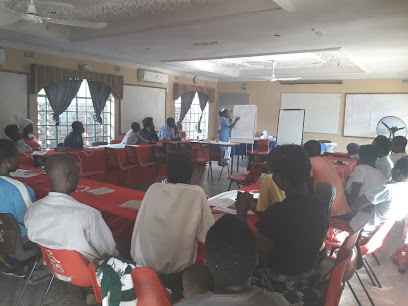
People of the Sun
Explore the vibrant world of local crafts at People of the Sun in Blantyre - a haven for unique Malawian souvenirs.
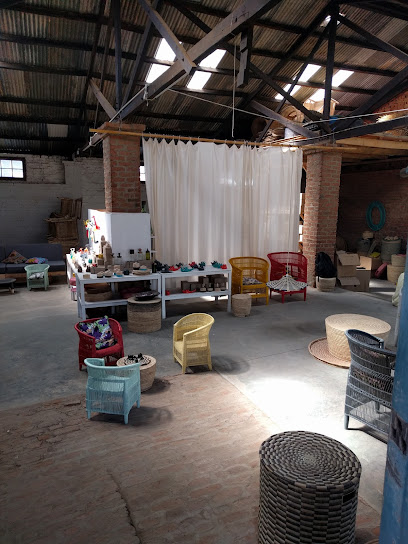
Dhara's Beauty Salon & Boutique
Explore local fashion and beauty at Dhara's Beauty Salon & Boutique in Blantyre, a charming destination for stylish clothing and rejuvenating treatments.

Craft Market
Explore Blantyre's Craft Market and uncover a treasure trove of handmade crafts and vibrant local culture in the heart of Malawi.
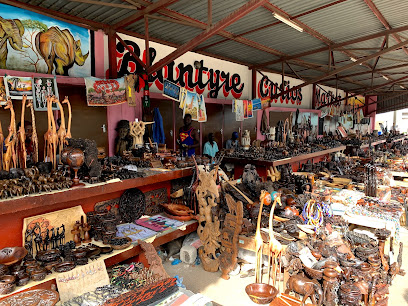
City Boutique
Explore the unique style of Blantyre at City Boutique, where local culture meets modern fashion in a delightful shopping experience.
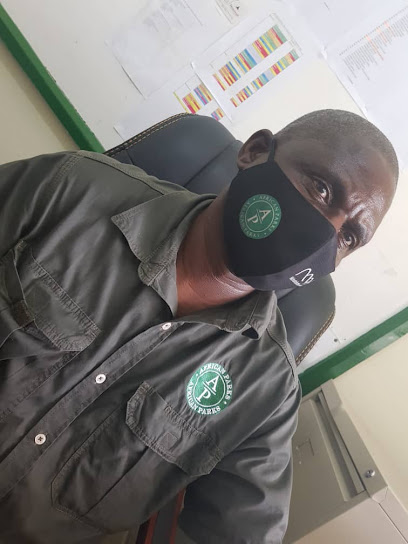
TOUCH OF CLASS BOUTIQUE
Discover unique fashion and local craftsmanship at Touch of Class Boutique in Mandala, where style meets community.

THREADS
Explore THREADS in Blantyre - your ultimate destination for local crafts and everyday essentials, showcasing the vibrant culture of Malawi.

Elegant Boutique
Explore Elegant Boutique in Blantyre for unique fashion and accessories that celebrate local craftsmanship and contemporary style.
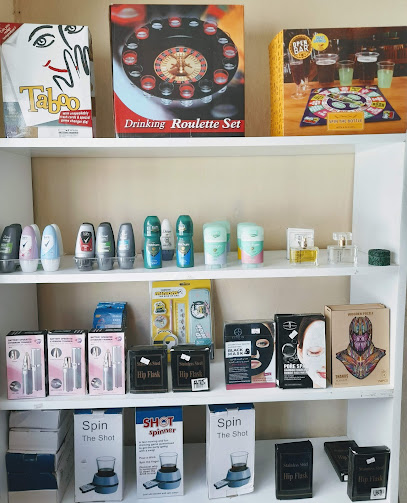
Omar shopping center
Explore Blantyre's Omar Shopping Center, where vibrant shopping meets local culture in a modern retail experience.

Street boutique
Explore the eclectic charm of Blantyre's street boutique, where local fashion meets vibrant culture in a delightful shopping experience.

African Habitat
Explore the vibrant culture of Malawi at African Habitat, Blantyre's premier gift shop for unique crafts and authentic souvenirs.
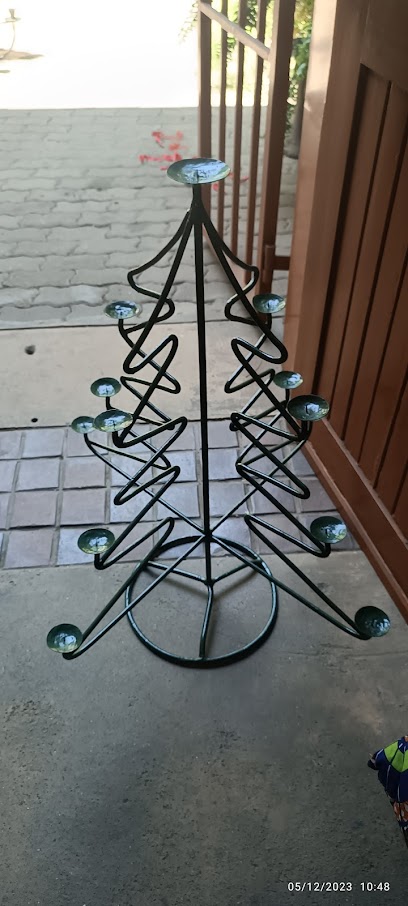
Kejes Malawi
Explore the charm of Kejes Malawi, a vibrant general store in Blantyre offering local products and a taste of Malawian culture.

NANI'S CLOSET & NAIL BAR
Experience the blend of fashion and relaxation at Nani's Closet & Nail Bar in Blantyre, your go-to boutique for unique local style and pampering.
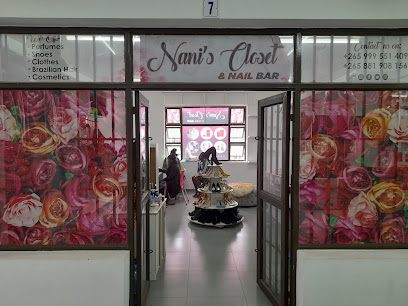
Elegance Avenue
Discover the vibrant artistry of Malawi at Elegance Avenue, a charming gift shop in Blantyre, offering unique crafts and local treasures.

Essential bars & hidden hideouts
TJ's Bar
Experience the vibrant nightlife at TJ's Bar in Blantyre, where affordable drinks and a lively atmosphere await every visitor.
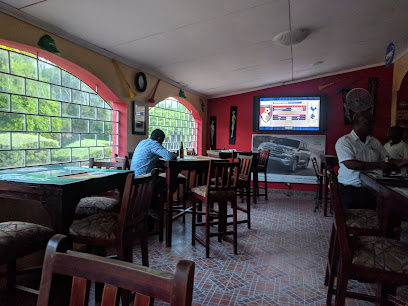
Liwa wine and whiskey bar
Discover the refined pleasures of Liwa Wine and Whiskey Bar, where exquisite drinks and a cozy atmosphere await in Blantyre.

Bridge Spot Cafe
Experience the charm of Bridge Spot Cafe in Chikwawa, where local culture and refreshing drinks meet in a cozy atmosphere.
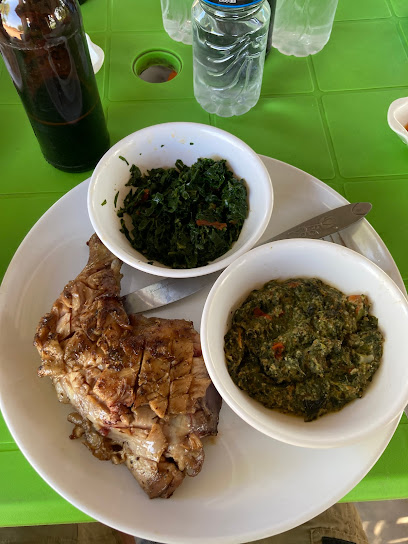
INGOMA BAR malawi
Discover the lively Ingoma Bar in Chigumula, Malawi, where local charm meets vibrant nightlife - a perfect retreat for tourists seeking authentic experiences.
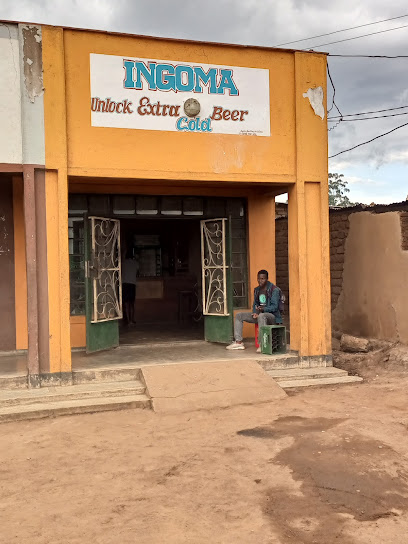
Elixer Wine & Whiskey Bar
Elixer Wine & Whiskey Bar: A must-visit haven in Blantyre for wine and whiskey lovers, featuring an exquisite selection and vibrant atmosphere.
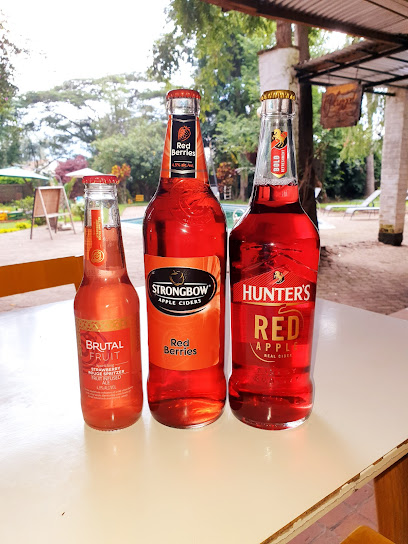
Mulanje Bar
Discover Mulanje Bar in Chimire, a vibrant spot for drinks, local culture, and a lively atmosphere that captures the spirit of Malawi.

Club Icon
Discover the vibrant nightlife of Chikwawa at Club Icon, where locals and tourists come together for a lively experience filled with music and good company.
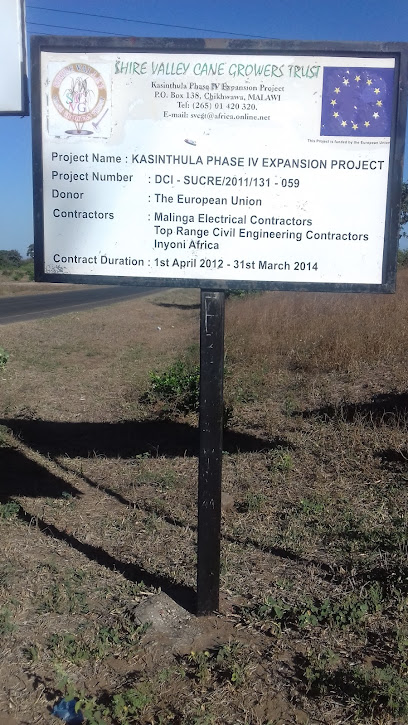
Presscane Club
Discover the ultimate grill experience at Presscane Club in Chikwawa, where flavors meet a vibrant atmosphere for an unforgettable meal.

Make Mnthunzi Wine Store
Experience the essence of Malawi’s wine culture at Mnthunzi Wine Store, a serene haven for wine lovers in Nchalo.
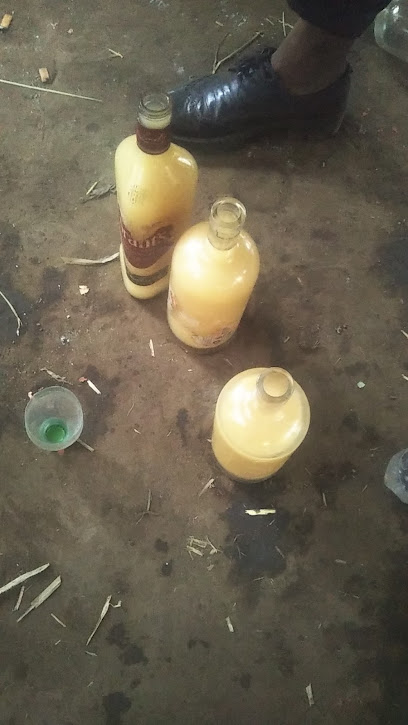
Villa Stop Over
Experience the vibrant nightlife at Villa Stop Over, a premier bar in Chikwawa offering local cuisine and drinks in a lively atmosphere.
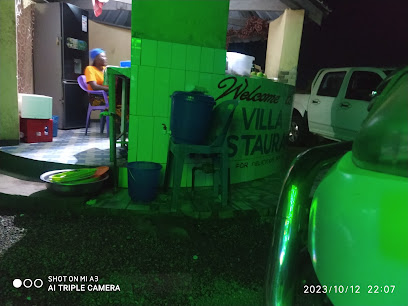
NEW SPOT 9 BOTTLESTORE & ACCOMMODATIOM
Explore Nchalo's vibrant culture at New Spot 9 Bottlestore & Accommodation, where relaxation meets local flavor in a cozy bar setting.
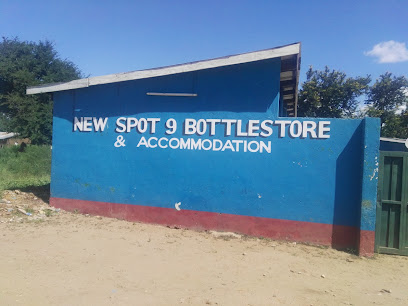
Paudzu Stopover
Experience the vibrant nightlife and cultural warmth of Malawi at Paudzu Stopover, a bar where every visit feels like a celebration.
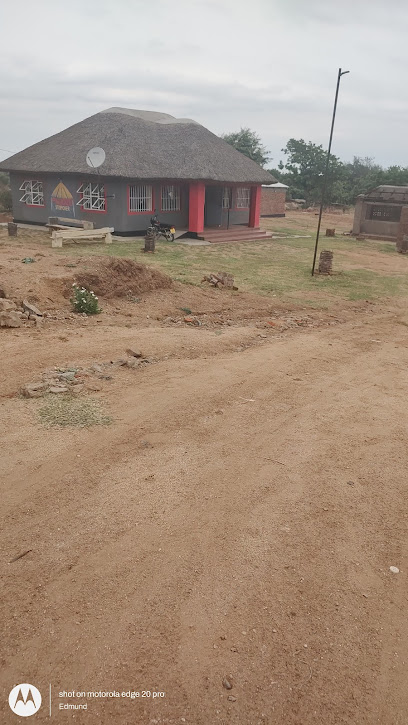
Bento Pub
Discover the heart of Nchalo’s nightlife at Bento Pub, where local culture meets a vibrant bar experience.

19D Bar
Discover the vibrant nightlife of Blantyre at 19D Bar, where local drinks and music create unforgettable memories.

Local Phrases about Majete Wildlife Reserve
-
- HelloMoni
[moh-nee] - GoodbyeZikomo
[zee-koh-moh] - YesEya
[ay-yah] - NoAyiyi
[ah-yee-yee] - Please/You're welcomeChonde
[chon-deh] - Thank youZikomo
[zee-koh-moh] - Excuse me/SorryPepani
[peh-pah-nee] - How are you?Muli bwanji?
[moo-lee bwan-jee] - Fine. And you?Ndili bwino. Kaya inu?
[ndee-lee bwih-noh. kah-yah ee-noo] - Do you speak English?Mukudziwa Chichewa?
[moo-koo-dzee-wah chee-cheh-wah] - I don't understandSindikudziwa
[seen-dee-koo-dzee-wah]
- HelloMoni
-
- I'd like to see the menu, pleaseNdikufuna kuona menu, chonde
[ndee-koo-foo-nah kwoh-nah meh-noo, chon-deh] - I don't eat meatSindikudya nyama
[seen-dee-koo-dyah nyah-mah] - Cheers!Timange
[tee-mahng-eh] - I would like to pay, pleaseNdikufuna kulipira, chonde
[ndee-koo-foo-nah koo-lee-pee-rah, chon-deh]
- I'd like to see the menu, pleaseNdikufuna kuona menu, chonde
-
- Help!Mulonga!
[moo-lohn-gah] - Go away!Pita uko!
[pee-tah oo-koh] - Call the Police!Pemphani zachitete!
[pehm-pah-nee zah-chee-teh-teh] - Call a doctor!Pemphani wachilungamo!
[pehm-pah-nee wah-chee-loo-ngah-moh] - I'm lostNdili potchedwa
[ndee-lee poht-cheh-dwah] - I'm illNdili wabwino
[ndee-lee wah-bwee-noh]
- Help!Mulonga!
-
- I'd like to buy...Ndikufuna kugula...
[ndee-koo-foo-nah koo-goo-lah] - I'm just lookingNdikufuna kuyang'ana
[ndee-koo-foo-nah koo-yahng-ah-nah] - How much is it?Ndalama zingati?
[ndah-lah-mah zin-gah-tee] - That's too expensiveZimachitika chidyerano
[zee-mah-chee-tee-kah chee-dyeh-rah-noh] - Can you lower the price?Mukhoza kukweza ndalama?
[moo-koh-zah koo-kweh-zah ndah-lah-mah]
- I'd like to buy...Ndikufuna kugula...
-
- What time is it?Saa ndi zaka zingati?
[sah ndee zah-kah zin-gah-tee] - It's one o'clockNdi nthawi yotsatira
[ndee nthah-wee yoh-tsa-tee-rah] - Half past (10)Muwonekere ku dzana (10)
[moo-woh-neh-keh-reh koo dzah-nah (10)] - MorningUsiku
[oo-see-koo] - AfternoonChitsiku
[chee-tsee-koo] - EveningMawa
[mah-wah] - YesterdayNtondo
[n-tohn-doh] - TodayLero
[leh-roh] - TomorrowMawa
[mah-wah] - 1Moja
[moh-jah] - 2Ziwiri
[zee-wee-ree] - 3Zitatu
[zee-tah-too] - 4Zinayi
[zee-nah-yee] - 5Zidzose
[zee-dzoh-seh] - 6Zizano
[zee-zah-noh] - 7Zisanu
[zee-sah-noo] - 8Ziwanda
[zee-wahn-dah] - 9Ziwiri ndi moyo
[zee-wee-ree ndee moh-yoh] - 10Zikumi
[zee-koo-mee]
- What time is it?Saa ndi zaka zingati?
-
- Where's a/the...?Kuli...?
[koo-lee] - What's the address?Adilesi ndi zingati?
[ah-dee-leh-see ndee zin-gah-tee] - Can you show me (on the map)?Mukhoza kundifufuza (pa mapu)?
[moo-koh-zah koo-ndee-foo-foo-zah (pah mah-poo)] - When's the next (bus)?Mawa ndi zaka zingati (bus)?
[mah-wah ndee zah-kah zin-gah-tee (bus)] - A ticket (to ....)Chithandizo (ku ....)
[chee-thahn-dee-zoh (koo)]
- Where's a/the...?Kuli...?
History of Majete Wildlife Reserve
-
The area now known as Majete Wildlife Reserve has been inhabited by various indigenous communities for centuries. The Chewa and Mang'anja people are among the earliest known groups to have settled in this region. These communities practiced traditional agriculture, hunting, and fishing, and they lived in harmony with the local wildlife.
-
During the late 19th and early 20th centuries, Malawi came under British colonial rule. The colonial administration recognized the rich biodiversity of the area and designated it as a protected zone. In 1955, Majete was officially established as a game reserve. The primary goal was to protect the area's wildlife from poaching and habitat destruction, although enforcement was initially weak.
-
By the late 20th century, Majete Wildlife Reserve faced severe challenges. Poaching, human encroachment, and lack of resources led to a dramatic decline in wildlife populations. By the 1990s, most large mammals, including elephants, rhinos, and lions, had been eradicated from the reserve. The area was in dire need of intervention to prevent complete ecological collapse.
-
In 2003, the non-profit organization African Parks took over the management of Majete Wildlife Reserve in partnership with the Malawian government. They implemented a comprehensive rehabilitation program, which included anti-poaching measures, community engagement, and ecological restoration. Significant financial and logistical resources were invested in reviving the park's infrastructure and wildlife.
-
One of the most remarkable achievements of African Parks' management has been the successful reintroduction of key species. Since 2003, over 2,500 animals from 13 different species have been reintroduced, including elephants, black rhinos, lions, and leopards. These efforts have restored the reserve's status as a Big Five destination and have significantly boosted biodiversity.
-
Community involvement has been a cornerstone of Majete's revival. Local communities have been engaged in various conservation and tourism activities, providing them with alternative livelihoods and a vested interest in the reserve's success. Sustainable tourism initiatives have been developed, including eco-lodges and guided tours, which generate revenue for both the reserve and the local population.
-
Today, Majete Wildlife Reserve is a thriving conservation success story. It stands as a testament to the power of collaborative management, community involvement, and strategic planning. The reserve continues to attract visitors from around the world, offering them an opportunity to experience Malawi's rich natural heritage while supporting ongoing conservation efforts.
Majete Wildlife Reserve Essentials
-
Majete Wildlife Reserve is located in the southern region of Malawi. The nearest international airport is Chileka International Airport in Blantyre, about 70 kilometers away. From Blantyre, you can hire a taxi or use a private transfer service to reach Majete. The journey typically takes around 1.5 to 2 hours by road. Alternatively, you can rent a car at the airport for a more flexible travel option.
-
Within Majete Wildlife Reserve, the primary mode of transportation is by guided safari vehicles, which are essential for game drives. Self-drive safaris are not permitted, ensuring the safety and protection of both visitors and wildlife. For those staying outside the reserve, local taxis and private car hire services are available to take you to the entrance gate. It is advisable to arrange your transportation in advance.
-
The official currency in Malawi is the Malawian Kwacha (MWK). Credit cards are accepted in some lodges and larger establishments, but it is advisable to carry cash for smaller transactions, especially in rural areas. ATMs are available in Blantyre, but they may be scarce near the reserve, so ensure you withdraw enough cash before leaving the city.
-
Majete Wildlife Reserve is generally a safe destination for tourists. However, always follow the guidelines provided by your guides and lodge staff. Avoid walking alone at night within the reserve. In Blantyre and other urban areas, exercise standard precautions, such as not displaying valuables openly and being cautious in crowded places. There are no specific high-crime areas targeting tourists in the vicinity of the reserve, but vigilance is always recommended.
-
In case of an emergency within Majete Wildlife Reserve, contact your lodge staff or safari guide immediately, as they are trained to handle emergencies and can coordinate with local authorities. For medical emergencies, the nearest hospital is in Blantyre. It is advisable to have travel insurance that covers medical emergencies and evacuation. The general emergency phone number in Malawi is 997 for police and 998 for medical emergencies.
-
Fashion: Do wear neutral-colored clothing and comfortable, breathable fabrics suitable for safari activities. Avoid bright colors that may attract insects or disturb wildlife. Religion: Do respect local customs and traditions. Malawi is predominantly Christian, but there are also Muslim communities. Dress modestly when visiting religious sites or villages. Public Transport: Do use registered taxis or private transfers. Don't rely on public buses, as they may not be reliable or safe for tourists. Greetings: Do greet people with a handshake and a friendly smile. Learn a few basic phrases in Chichewa, the local language, to show respect. Eating & Drinking: Do try local dishes such as nsima (a staple made from maize flour) and chambo (fish from Lake Malawi). Don't drink tap water; always opt for bottled or filtered water.
-
For an authentic experience, engage with the local communities around Majete. Visit the nearby villages to learn about the Chewa culture and traditional crafts. Participate in community-led tourism activities, such as guided village walks and cultural performances. Don't miss the chance to explore the Shire River, which offers excellent bird-watching opportunities and boat safaris. Always follow the guidance of local experts to enhance your experience.
Trending Landmarks in Majete Wildlife Reserve
-
Lilongwe Wildlife Centre
-
Game Haven Lodge
-
Liwonde National Park
-
Lake Malawi National Park
-
Mgoza Lodge
-
Kasungu National Park
-
Zua Safari Lodge
-
Mvuu Wilderness Lodge
-
World War I Memorial
-
Kuti Wildlife Reserve
-
Sunbird Waterfront
-
R & L Game Ranch
-
Vwaza Marsh Wildlife Reserve
-
Tongole Wildernes Lodge
-
Nyala Park
Nearby Cities to Majete Wildlife Reserve
-
Things To Do in Zomba
-
Things To Do in Mangochi
-
Things To Do in Lilongwe
-
Things To Do in Salima
-
Things To Do in Nyanga
-
Things To Do in Chipata
-
Things To Do in Mutare
-
Things To Do in Harare
-
Things To Do in Nkhata Bay
-
Things To Do in Chinhoyi
-
Things To Do in Mzuzu
-
Things To Do in Masvingo
-
Things To Do in Kariba
-
Things To Do in Gweru
-
Things To Do in Karonga








